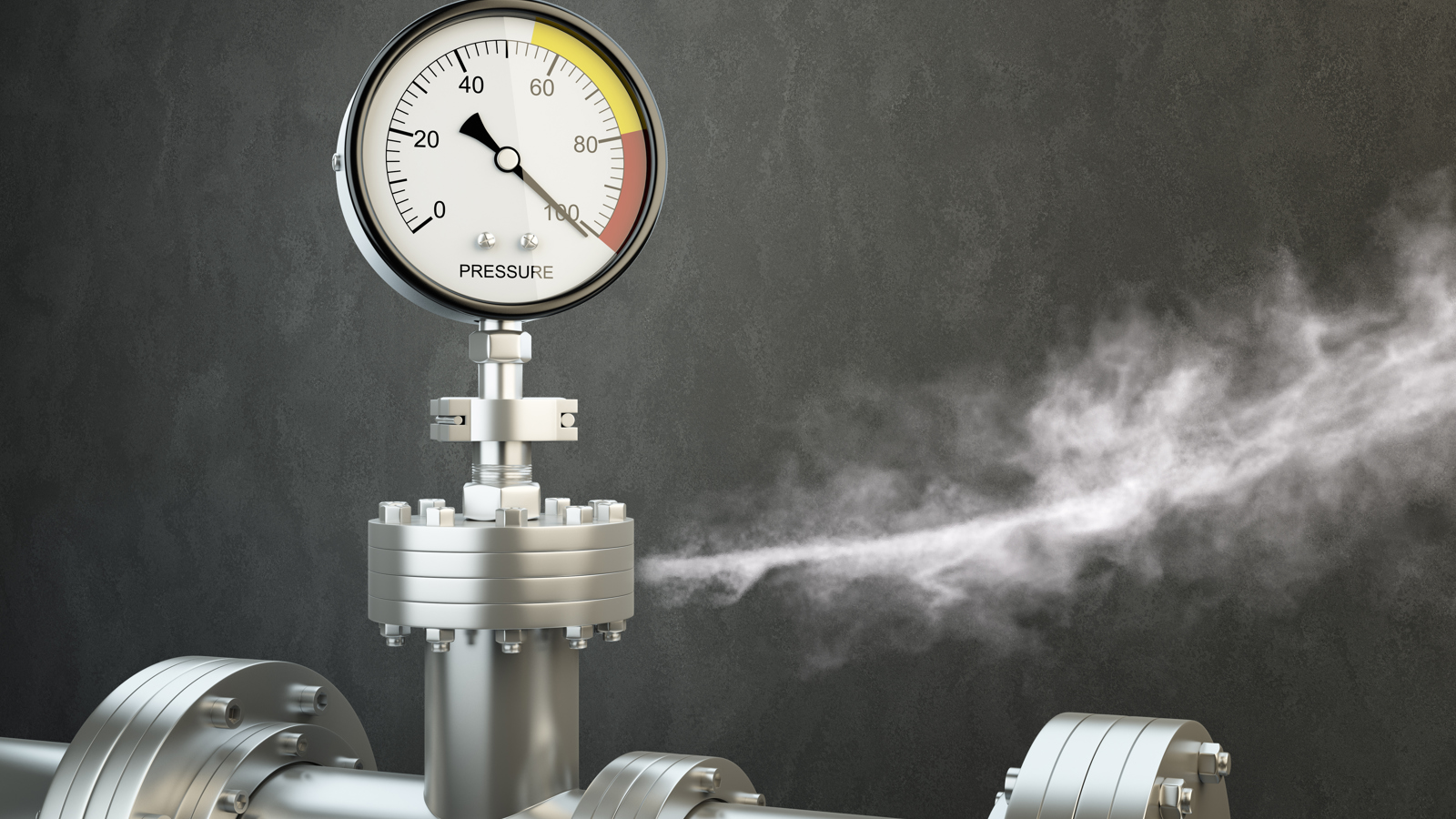
Be aware of new refrigerant regulations
The new EU Regulations on Fluorinated Greenhouse Gases (F-Gas) look to fundamentally change the use of refrigeration gases onshore and at sea, with estimated cost increases at 5-10 times their current level.
Jacobsen continues: “At the moment, testing for gas leaks is purely a maintenance issue, but the impact of leaks from land-based and ship sources has grabbed the attention of regulators. In short, owners need to start paying attention because the future costs of compliance will far outstrip what owners are paying for these gases today.”
Refrigeration gas is a commodity like motor fuel but is not a consumable and therefore should not need replacing. Jacobsen says owners who are paying to recharge gas systems should recognise they have a fault and take action;
“Owners need to be asking themselves, are my new ships going to be delivered with gases that are compliant over their trading life and how can we remain compliant on existing tonnage once the regulations come into force?”
Adopted by the Council of the European Union earlier this year, the regulations are specifically designed to reduce the use of F-gases, also known as fluorinated refrigerants or HFCs, within the European Union, by introducing a quota system, limiting the amount of high Global Warming Potential (GWP) refrigerants available on the market.
According to Jacobsen, the main impact of the F-gas regulation will be felt between 2018 and 2020. All vessels today have some requirement for onboard refrigeration or climate control and the regulations are weighted against high-GWP refrigerants, with R-404A amongst the hardest hit. Used in air conditioning and refrigeration systems an average ship requires 2-300kg of this gas.
With the phase-out of high GWP HFCs on the horizon, the shipping industry needs to begin thinking about the options available to replace them. Jacobsen says many chemicals manufacturers are already running their research and development departments in high gear in order to have proved and certified solutions available when the regulation is in force.
“One thing is for sure; these new refrigerants will be expensive. The days of easy availability, simple products and cheap prices will soon be history. In order to maintain the same expenditure for refrigerants in the future, present leak rates will need to be reduced by 50–90%.”
Achieving these levels of reduction will mean that much will have been done to protect the environment, with focus in the short and long term on encouraging owners to increase their testing for leaks. He says:
“Owners could be spending a fraction of the costs they already incur by simply keeping their systems leak-tight. Even though R-404A will be illegal on EU flag ships from 2020, a ship launched today will trade for 25 years so owners need to act now.”
Jacobsen continues: “Ask 10 shipyards what they recommend and you will find that very few have any idea,” says Jacobsen. “Not all of them have done their homework. Many will recommend R-404A, which will lead to a costly retrofit before the ship is due for recycling.”
One immediate priority will be to improve maintenance routines and save money whilst increasing environmental protection. Better maintenance means fewer leaks and the technology is readily available: WSS for example already sells fixed leak detector systems which offer around-the-clock monitoring.
But Jacobsen’s advice is neither to panic, nor to ignore the changes. “The truth is that some refrigerants are more environmentally unfriendly than others but none has an impact until they leak out. The simplest way to keep a control on environmental performance and operational costs is to keep refrigeration systems leak-tight.”